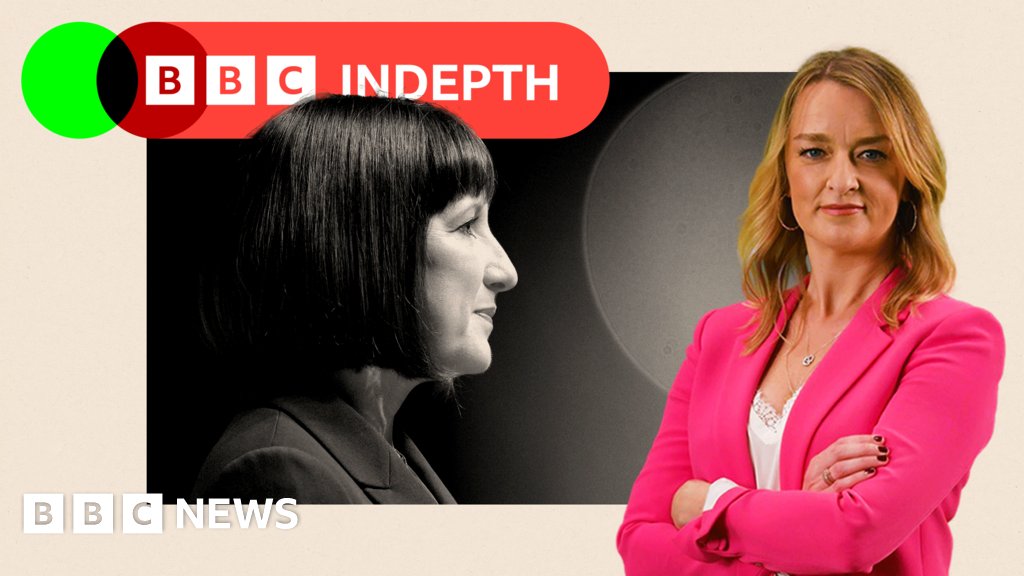Chancellor’s Cautious Approach Amid Global Turmoil
In a preview of the upcoming statement, Chancellor Rachel Reeves suggests a more cautious stance due to the ongoing global uncertainties and warns of potential challenges ahead.
The pressure on political leaders is intense, exacerbated by continuous media coverage, social media scrutiny, and the persistent issues facing the nation. Global unrest only adds to the complexities that Reeves acknowledges as she navigates her role.
Reeves expresses awareness of the heavy scrutiny that comes with her position. She asserts the importance of justifying the policies and expenditures of taxpayers’ money as a core responsibility of her role. Yet, she admits that personal attacks can be particularly daunting, a sentiment shared by colleagues who view her as resilient.
Increasing Tensions within the Labour Party
This candid acknowledgment may stem from the context of an unusual conversation held not under studio lights but within the Treasury, emphasizing the pressures of making consequential decisions. Recently, the Labour government announced significant welfare cuts aimed at saving £5 billion by 2030, raising concerns within the party about its direction.
When questioned about the cuts, Reeves redirects the conversation to Labour’s economic vision while cautioning that the party cannot meet expectations for increased government spending like past administrations. Instead, she emphasizes the need to prioritize economic growth as a means to improve living standards.
Adapting to New Economic Realities
Reeves’ approach reflects a new reality, where no further tax increases or government spending hikes are anticipated. This strategy emerges partly as a response to global uncertainties, especially following the changes under the previous UK administration.
Despite facing criticism for welfare cuts, Reeves emphasizes that the party is moving towards a balanced vision, which includes providing workers with enhanced rights while also managing public spending. This dual approach requires her to communicate effectively with the public about the necessity of patience as tangible benefits take time to materialize.
Embracing a Shift in Strategy
As she requests voters to trust her decisions, Reeves explains that the world has transformed unpredictably since her party began reconfiguring its public platform after the 2019 election loss. She acknowledges the financial challenges faced when Labour assumed control, stressing that proactive measures have resulted in changes to previously promised investments, like environmental projects.
Concurrently, the current international landscape, amid tensions regarding defense support, compels the UK to allocate more resources to defense, further influencing her policies. With stakeholders monitoring her every move, Reeves is tasked with aligning Labour’s economic credibility to retain public trust—a delicate balancing act amid opposition within her party regarding welfare cuts.
Personal Aspirations and Political Reality
While some question her alignment within Labour’s ideologies, Reeves identifies as a pragmatic leader, making choices based not on rigid ideology but on the practicalities of governance and electoral success. Her focus on public perceptions of economic competency underscores the historical trust issues faced by Labour.
Ultimately, Reeves acknowledges that policy decisions must reflect current realities rather than aspirational beliefs, ensuring she navigates the complexities of her role while managing the expectations of her party and the public.



